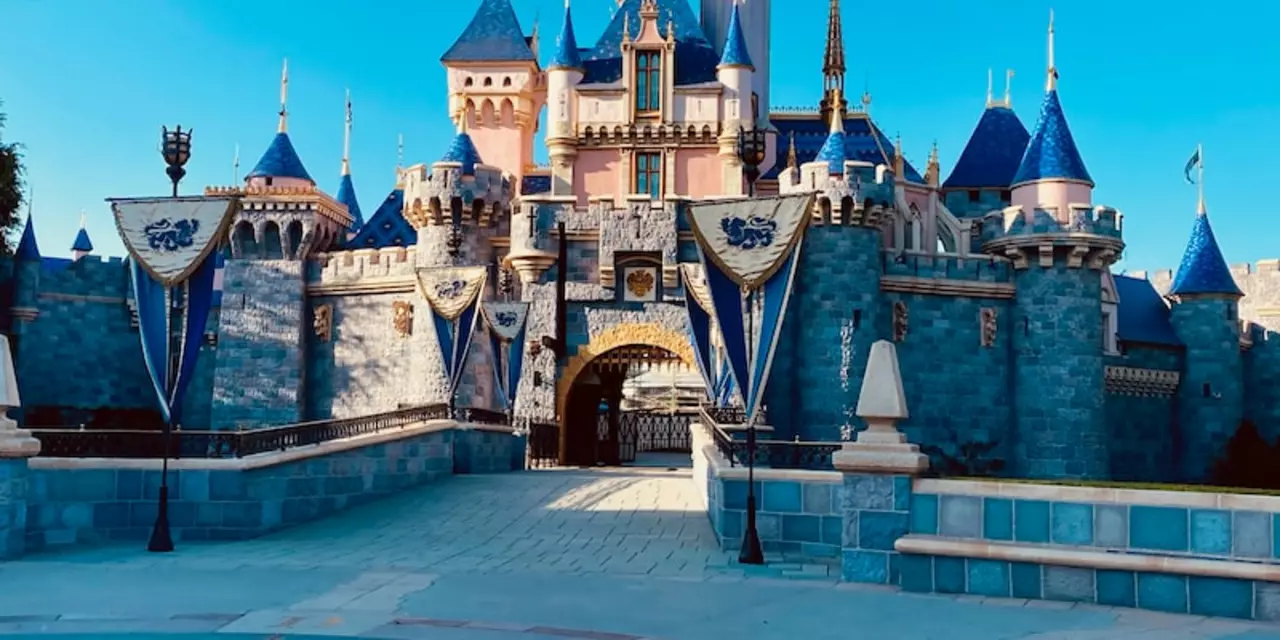Why has Beauty and the Beast been banned in Malaysia?
 Jan, 27 2023
Jan, 27 2023
Examining Malaysia's Ban of Disney's Beauty and the Beast
Since its release in 2017, Disney's live-action remake of the classic animated film Beauty and the Beast has been a hit with both audiences and critics alike. However, not everyone is pleased with the film's success. In Malaysia, the movie has been banned for its "gay scene", which has sparked a debate about the country's censorship laws.In Malaysia, films are heavily censored. The Malaysian government is known for its strict enforcement of censorship laws, which are designed to protect the public from "immoral" or "offensive" content. Beauty and the Beast was deemed to contain content that was deemed inappropriate for Malaysia's predominantly Muslim population, and as a result, it has been banned from being screened in the country.
The main issue that has caused controversy is the moment in the film in which a character is revealed to be gay. This scene has been seen as a violation of Malaysian censorship laws, which do not allow any depiction of homosexuality in films. This ban has been heavily criticized by many, who argue that it is an infringement on freedom of expression and a sign of discrimination against LGBT people in Malaysia.
In addition to the gay scene, the Malaysian government has also cited the film's "dark themes" as another reason for the ban. While the exact nature of these "dark themes" has not been specified, it is believed that they refer to the film's darker elements, such as violence, horror, and other elements that may not be suitable for young children.
The ban on Beauty and the Beast has sparked a debate about censorship in Malaysia. While some argue that the government has the right to censor films to protect the public, others believe that this ban is an infringement on freedom of expression and is a sign of discrimination against the LGBT community. Whatever the case may be, it is clear that Malaysia's censorship laws are still in effect, and will continue to be a source of controversy in the years to come.
Exploring the Reasons Behind Malaysia's Ban of Beauty and the Beast
The 2017 Disney film Beauty and the Beast has been banned in Malaysia due to its "positive portrayal of homosexuality". The Malaysian Film Censorship Board (LPF) issued a statement that the movie could not be approved "for screening in Malaysia due to its storyline which is not in line with our country’s social and religious values."The LPF’s decision has stirred up a lot of debate over the issue of censorship and freedom of expression, especially in a country with a population that is mainly Muslim. So why has Beauty and the Beast been banned in Malaysia?
The main reason, as stated above, is due to the movie’s “positive portrayal of homosexuality”. In the movie, the character of LeFou, played by Josh Gad, is portrayed as being attracted to Gaston and has a brief moment where he is dancing with another man. This is seen as being in direct conflict with the social and religious values in Malaysia, which frown upon same-sex relationships.
The LPF has also stated that the movie contains a “perceived message that is not in line with the government’s ideology and values”, which could be interpreted as a reference to the theme of acceptance and tolerance that is prevalent in the movie. This could be seen as a direct challenge to the conservative values held by many in the country.
Whatever the reasons behind the ban, it is clear that Beauty and the Beast has stirred up a lot of controversy in Malaysia and is likely to remain so for some time. It will be interesting to see how the debate over freedom of expression and censorship plays out in the future.
Investigating the Debate Around Malaysia's Ban of Beauty and the Beast
The Malaysian government’s decision to ban Disney’s 2017 live-action remake of Beauty and the Beast has caused a great deal of controversy. The Malaysian Film Censorship Board (LPF) cited the film’s “LGBT scene” as the reason for the ban, leading to a heated debate over the country’s approach to LGBT rights.Supporters of the ban argue that the LGBT scene could potentially influence children to accept and even celebrate homosexuality, which is forbidden in the country according to the Islamic faith. They point out that the country’s policies reflect its commitment to upholding Islamic values and protecting its citizens from immorality.
On the other hand, those who oppose the ban argue that the LGBT scene is subtle and not meant to be an endorsement of homosexuality. They further point out that the ban infringes on freedom of expression and goes against the spirit of the United Nations’ Universal Declaration of Human Rights.
It seems that the debate around the ban of Beauty and the Beast in Malaysia is far from over. Supporters of the ban are adamant that the country’s policies should be respected and upheld, while those who oppose it are determined to fight for their right to freedom of expression.